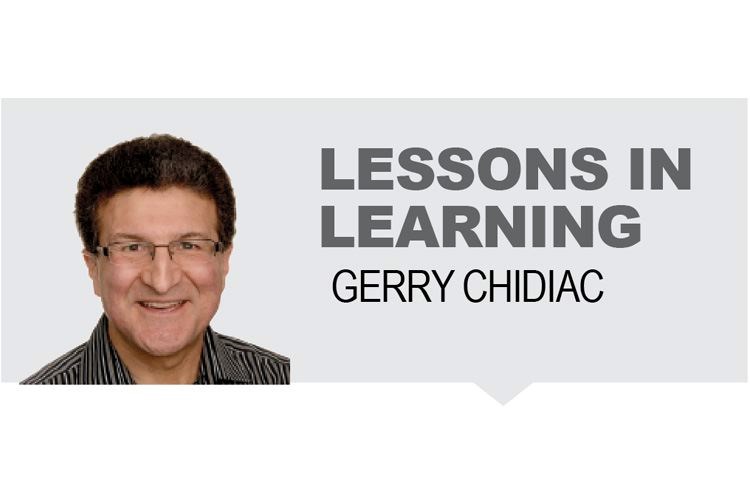We are all influenced by the environment where we grow up and by our life experiences. We thus adopt paradigms in our effort to make sense of the world around us. Sometimes these perspectives serve us well, but other times our core beliefs prevent us from seeing the truth. Yet, there is perhaps nothing more life-giving than experiencing the discovery of an ultimate truth.
By observing human behaviour in Nazi concentration camps, psychologist and Jewish prisoner Viktor Frankl came to several important conclusions. In the group of prison guards, there were some sadists, but there were also a few others who risked their own lives to save prisoners. The vast majority, however, simply went along with the cruelty. Frankl also noticed that these same distinctions existed among the prisoners, though not in the same proportions. The Nazis relied heavily on prisoners called “Kapos” to keep other inmates in line, and they could be quite sadistic as well.
Thus, Frankl concluded that there were only two “races” of people, the decent and the indecent, and both are found in every group.
This being true, how ridiculous is all of our Islamophobia, anti-Semitism, categorization of followers of any religion, political party, members of any gender, people of any nationality or ethnicity. There are good people and there are bad people in every group. There are people who live principled lives, respecting their neighbours and the environment, seeking truth, living in humility and embracing a love for all humanity. There are also people who are selfish and manipulative who, on the surface, are indistinguishable from anyone else.
Perhaps even more importantly, Frankl points out that in each of us we find the same potential for good or bad. No person is purely virtuous or evil. Each one of us makes choices every day that either make the world better or lead down the path of destruction, and we don’t always know which choice leads in each direction.
This being the human condition, what can any of us do?
First of all, it is important not to judge others. Each person is dealing with challenges we cannot begin to comprehend. We need to humbly ask ourselves, “If I was in that person’s situation, knowing what they know and not knowing what they do not know, would I have chosen differently?”
We can reflect on the behaviour of those who came before us, but it is far more important to ask ourselves what we can do to improve the world around us as well as ourselves. Ancient wisdom has always told us to ask, “What is the truth in this situation? What is the respectful thing to do? How can I show love and compassion for myself and my neighbour?”
Given that there will always be a small group of people who advocate for a lack of compassion, it is also vital that we courageously challenge their views. As convenient and logical as these opinions may appear, selfishness, irrational fear, greed, and disrespect for those who share the planet with us will always lead to our own demise.
What does this mean for those of us living in a world where genocide was and still is commonplace? We can be like the concentration camp guards who simply allowed the cruelty around them to continue, or we can be like the guards who maintained their humanity by embracing the humanity of others.
Viktor Frankl witnessed the very worst and the very best of people. His writings give us a clear and truthful understanding of our human paradigm.
Each of us will leave a legacy. Will our descendants be inspired by the good we have done or will they spend their lives trying to heal the wounds we have caused?
The choice is ours.



